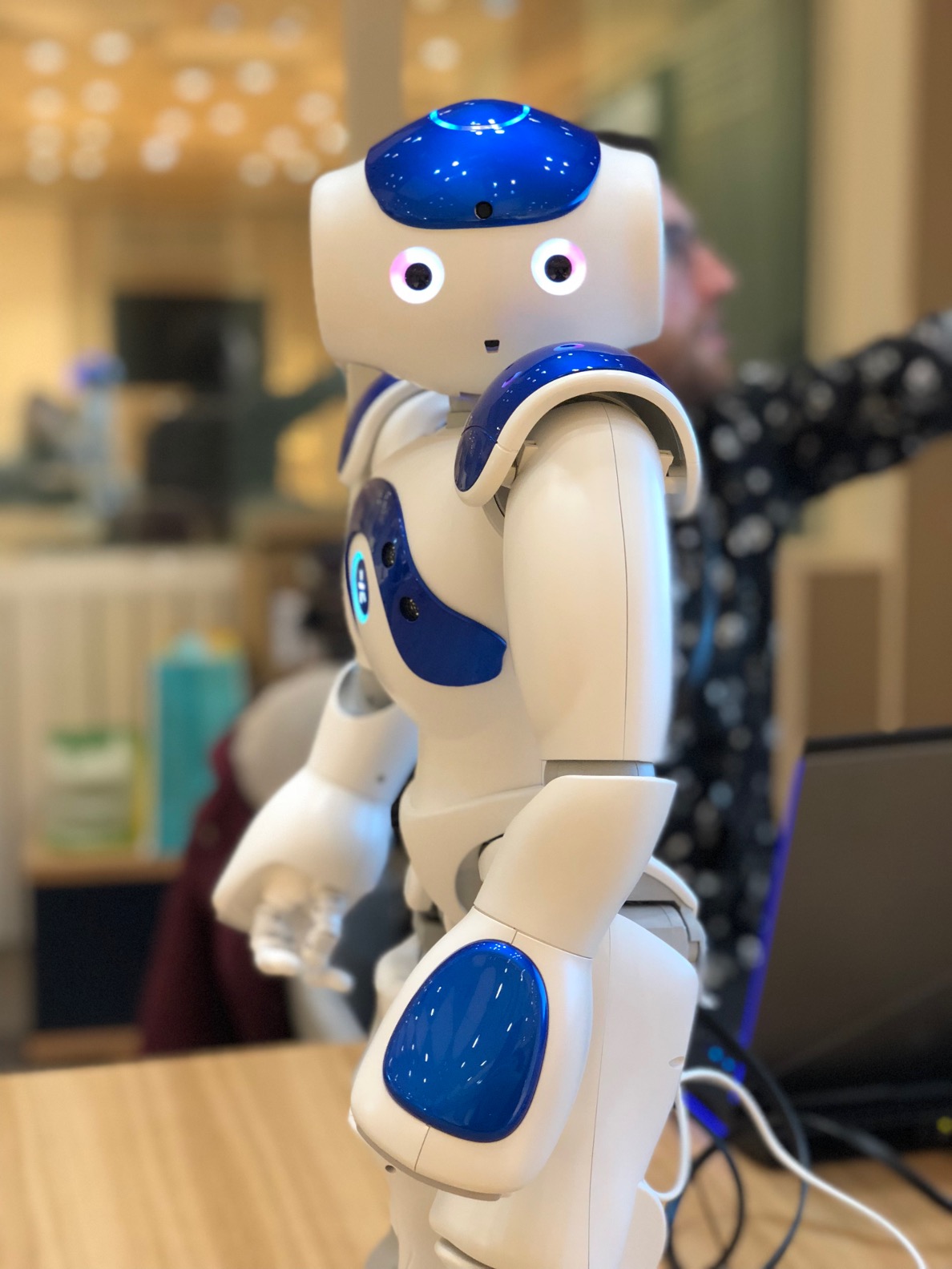Research at HCI group
Our interdisciplinary approach inherent to HCI empowers us to bridge the gap between different disciplines (psychology, computer science, design, media). Together, these varied perspectives lead to a deeper understanding of human and technology, to design innovative solutions that better serve the needs of users.
Our methodological process is supported by our state-of-the-art User Lab.
Research projects
Some of our projects
-
Start date
01/01/2023
-
Duration in months
1
-
Partners
Cisco ; SCRIPT
-
Abstract
The public-private partnership COLLABORATION 21 is an interdisciplinary research program that responds to pressing 21st-century challenges such as the shortage of collaboration skills and the recent pandemic-induced “social distancing”. It aims to leverage digital technologies to enhance people’s experience for better collaborative learning and working.
Researchers from the University of Luxembourg team up with Cisco – the world leader in digital technologies for collaboration – and with SCRIPT – a national agency driving innovation and digitalization in Luxembourg’s schools. Together they address seven research challenges at the intersection of user experience, educational sciences and digital technologies
The project outcomes of 10 PhD candidates and 2 Postdocs will yield numerous actionable insights to support education and the workforce, covering the entire spectrum from fundamental to applied research -
Link
-
Start date
01/06/2021
-
Duration in months
36
-
Funding
FNR
-
Partners
LIST
-
Abstract
The project Decepticon aims to unveil whether modern technologies instill false beliefs or influence user’s behaviours, without people being aware of it. Such devious attempts have been defined as dark patterns, i.e., techniques that coerce, steer or deceive users of an online service into making decisions that, if fully informed and capable of selecting alternatives more fairly, they would not make. It has been demonstrated, for instance, that dark patterns mischievously nudge users into accepting privacy-invasive practices, like consenting to cookies installation on their device. The goals are:
(a) collect a structured database of dark patterns;
(b) create an online platform to share and create know-how about dark patterns (e.g., by enabling further analysis, classifications, correlations), by building upon a widely used cybersecurity data-sharing platform (i.e., MISP);
(c) functionally characterize the “darkness” property in online patterns, through the development of formal models and the inclusion of principles pertaining to European consumer and data protection law;
(d) empirically study the effects of specific dark patterns on user behavior (e.g., decisionmaking) in order to give experimental evidence about “darkness”; (e) develop procedures and tools to support various stakeholders to assess the presence of “dark patterns” in online services (e.g., by extending a tool for process compliance). -
Link
-
Start date
01/06/2022
-
Duration in months
48
-
Funding
FNR
-
Abstract
REMEDIS is an interdisciplinary project combining research in digital law, social and communication science, history, and computer science. It aims to provide innovative regulatory frameworks and legally compliant socio-technical solutions to counter online disinformation and its effects. The project intends to complement this regulatory arsenal with training modules in media education based on an understanding of the effects of media literacy skills (or incompetence) and behaviours on the spread of disinformation. REMEDIS intends to analyse the possible legal instruments that can regulate the phenomenon of fake news and to balance them with users’ freedom of expression. It also aims to design automated means that question the origin and the integrity of a piece of information and reconstruct its information flow in a verifiable still privacy-preserving manner. The project will also develop a large comprehensive study of (dis)informational practices in order to anchor the proposed solutions in the practices and behavior-determining factors of the actors (individuals, platforms, media). Lastly, REMEDIS aims to provide representations of this automated reasoning so that it can be easily understood by humans, like social media users.
